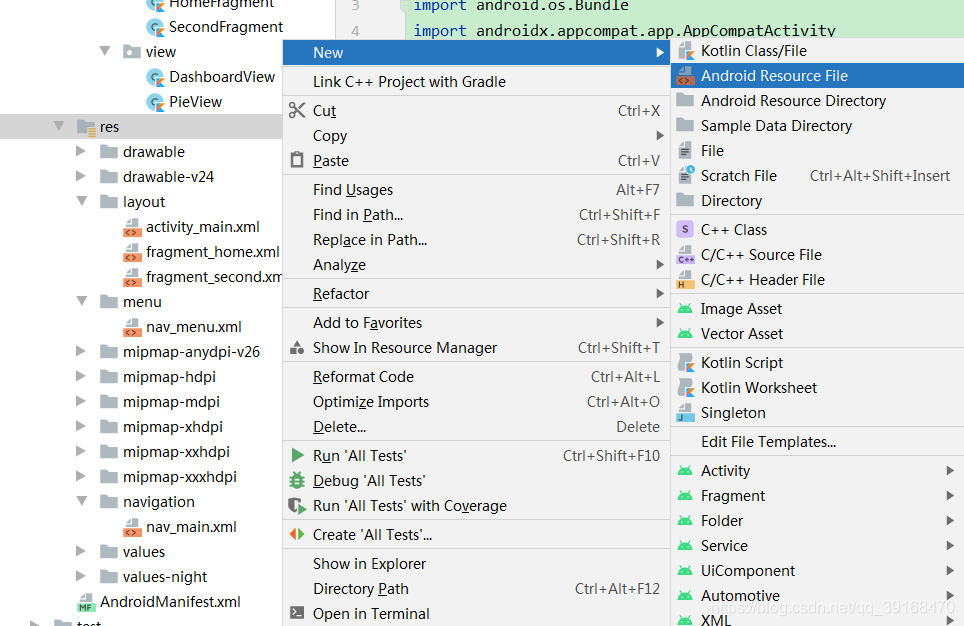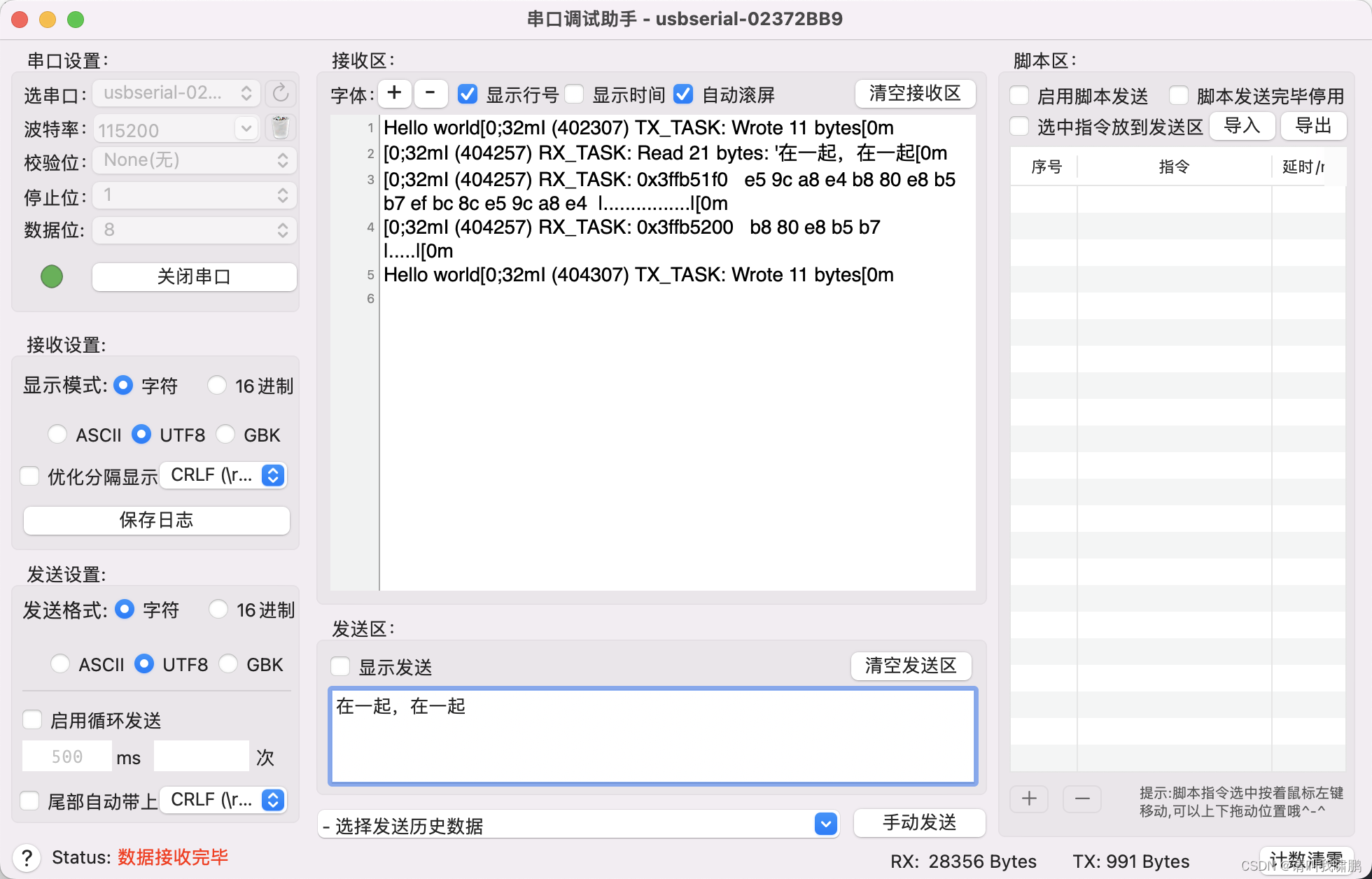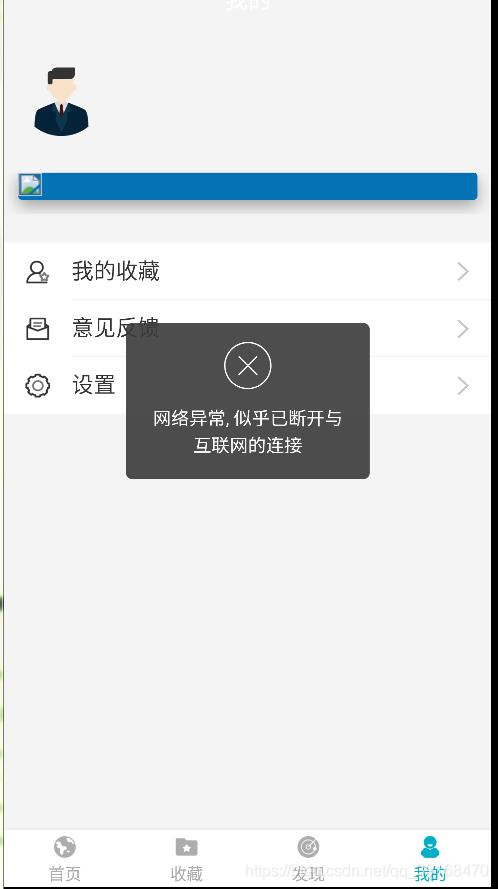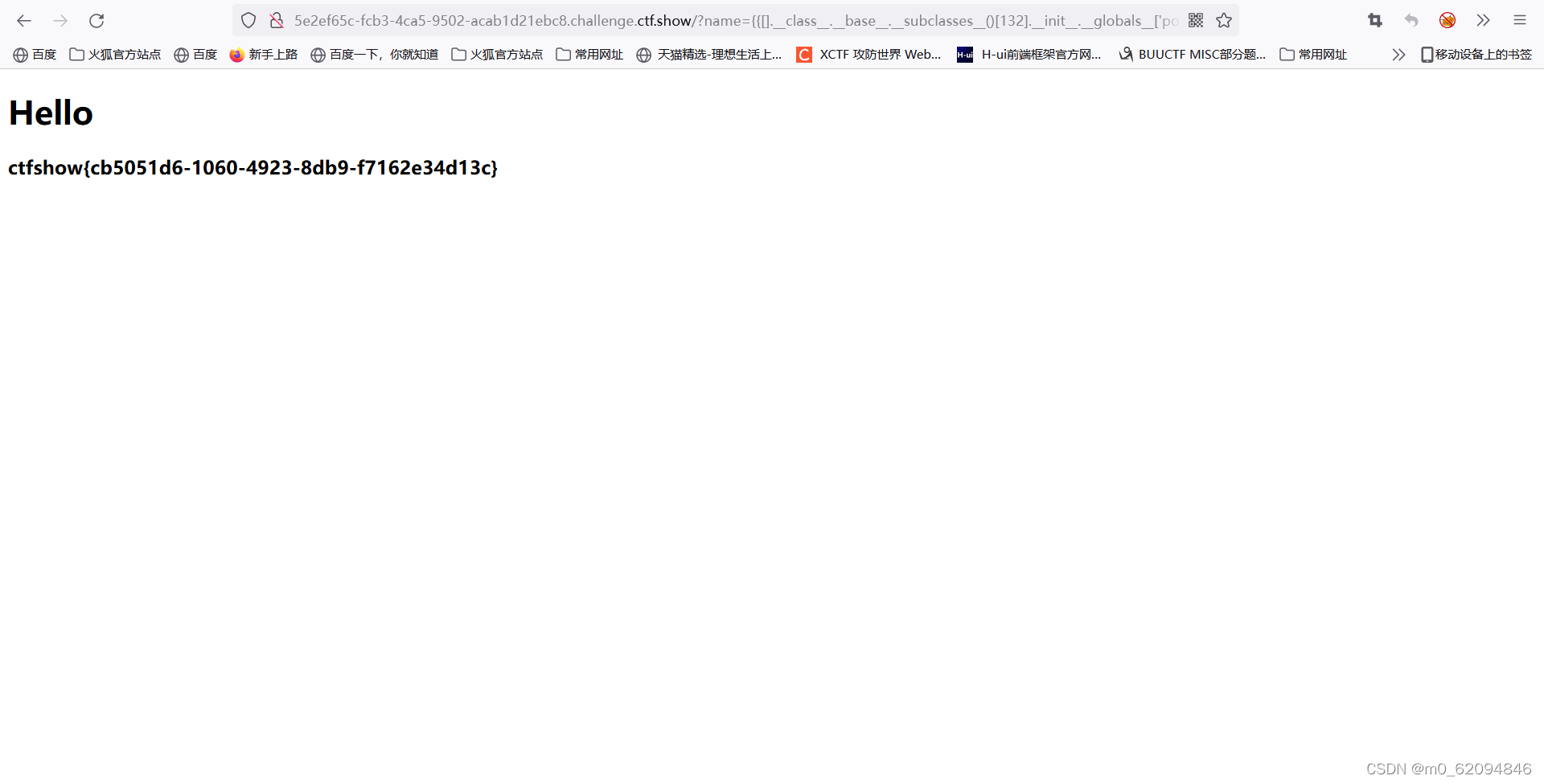Often used in work promise,async + await, When you encounter some problems, you need to use basic knowledge, and there will always be some who don't remember , Just review the authoritative guidelines and es6 Introduction to the standard , It took me a few days to write this article . Like students, please use your hand to make a fortune and point out a praise , Please point out the mistakes in the article .

Patients with a
new Promise((resolve,reject) =>{
console.log('11')
resolve()
console.log('Promise')
})
console.log('start')
result :
11
Promise
start
analysis :
- Promise Execute as soon as new , From top to bottom , Print
11 - And then meet
resolve(),Promise State bypendingTurn intofulfilled - But the call
resolveorrejectIt doesn't endPromiseThe implementation of the parameter function of , So it goes down , Print outPromise - Keep going , Print out
start
summary : call resolve or reject It doesn't end Promise The implementation of the parameter function of
Look at another example with similar code, but the execution process is different
Example 2
new Promise((resolve, reject) => {
return resolve(1);
console.log(2);
}).then((res) =>{
console.log('then',res)
})
result :
then 1
analysis :
- Promise Execute as soon as new , meet
resolve(1),Promise State bypendingTurn intofulfilled - But here we add
return,console.log(2) Not execute - perform
.then(), Print out then 1
result :Promise Add... To the parameter function return, The following statements will not be executed ,2Will not be printed ..then()and.catch()It's the same in China .
Guess what the following execution will be
new Promise((resolve, reject) => {
resolve(1);
}).then((res) =>{
return 2;
console.log('then1',res)
}).then((res) =>{
console.log('then2',res)
throw new Error('error')
}).catch((err) =>{
return 'catch Return value '
console.log('catch',err)
}).then((res) =>{
console.log('then3',res)
})
result :
then2 2
then3 catch Return value
analysis :
- new Promise Execute now ,
resolve(1)take1Pass as a return value to.then() - perform
.then(), encounterreturn 2, amount toreturn Promise.resolve(2), Because of the addition of return, hinder then1 Will not be printed - Execute the second
.then(), Printthen2 2, Then throw an error , It's equivalent to executingreturn Promise.reject('error') - To perform the ,
.catch()Error caught , andreturn 'catch Return value ', amount toreturn Promise.resolve('catch Return value '), Similarly, the following cosnole.log('catch',err) Not execute - final
.then()Will receive the above return value , And printthen3 catchReturn value
Example 3
Promise.resolve('start')
.then((res) =>{
console.log('then1',res)
return 11 // amount to return Promise.resolve(11)
}).then((res) =>{
console.log('then2',res) // amount to return Promise.resolve(undefined)
}).then((res) =>{
console.log('then3',res)
throw new Error('then3 error') // amount to return Promise.reject(new Error('then3 error'))
}).catch((res) =>{
console.log('catch',res)
})
result :
then1 start
then2 11
then3 undefined
catch Error: then3 error
analysis : stay Promise in , Returns any non promise The value of will be wrapped into promise object
Example 4
const promise = new Promise((resolve, reject) => {
console.log(1);
console.log(2);
});
promise.then(() => {
console.log(3);
});
console.log(4);
result :
1 2 4
analysis :
- new Promise Execute now , Print
1and2, - encounter promise.then(), because Promise There is no
resolve()perhapsreject(), therefore promise It will always bepending,promise.then() Method will not execute ,3Will not be printed , - Keep going , Print
4
summary :promise There's no resolve() or reject(),promise It will always bependingstate , And the corresponding... Will not be executed.then()perhaps.catch()
Example 5 :.then() Parameters of
new Promise((resolve,reject) =>{
resolve('start')
})
.then(1)
.then(Promise.resolve(2))
.then((res) =>{
console.log(res)
})
result :
start
analysis :
- Promise Of
.thenperhaps.catchThe expected parameter of is a function , If a non function is passed in, value traversal will occur , therefore.then(1)amount to.then((res) => Promise.resolve(res)), .then(Promise.resolve(2))amount to
.then((res) => {
Promise.resolve(2)
return Promise.resolve(res)
})
- final
.then()Printstart
summary :.then perhaps .catch The expected parameter of is a function , If a non function is passed in, value traversal will occur
Add another line to the above example .then(console.log), The print results are different again
new Promise((resolve,reject) =>{
resolve('start')
})
.then(1)
.then(Promise.resolve(2))
.then(console.log)
.then((res) =>{
console.log('res',res)
})
result :
start
res undefined
analysis :
startBy the third.then()Printed ,.then(console.log)amount to
.then((res) =>{
console.log(res)
return Promise.resolve(undefined)
})
Example 6 :Promise The state of
const p = new Promise((resolve,reject) =>{
resolve('11')
})
p.then(() =>{
console.log('then1',p)
})
p.then(() =>{
console.log('then2',p)
})
result :
then1 Promise {<fulfilled>: '11'}
then2 Promise {<fulfilled>: '11'}
analysis :Promise Once you change your state, you can't change it anymore
Example 7 :.catch() Handling errors
new Promise((resolve,reject) =>{
resolve()
}).then((res) =>{
throw new Error('throw error')
},(err) =>{
console.log('err',err)
}).catch((err) =>{
console.log('catch:',err)
})
result :
catch: Error: throw error
analysis : Yes promise for , Handling errors can give .then() Method passes the second function , But the problem is .then() The second function in cannot catch the error of the first function . While using .catch() Then you can catch the error thrown by the upper layer
Example 8 :.catch() Callback
new Promise((resolve,reject) =>{
reject()
}).catch((err) =>{
return 'catch1 Back to normal '
}).then((res) =>{
console.log('then1:',res)
}).catch((err) =>{
console.log('catch2:',err)
})
result :
then1: catch1 Back to normal
analysis :
- new Promise in
reject(),promiseState bypendingTorejected - perform
.catch(), and return 'catch1 Back to normal ', This is the same thing asPromise.resolve('catch1 Back to normal ') - perform
.then(), Printthen1
summary :.catch()The callback returns normally , The return value will be passed to the associatedpromise
And in the .catch() Throw error in , Will be next .catch() Capture , If not redefined .catch() Then the error will be thrown directly
new Promise((resolve,reject) =>{
reject()
}).catch((err) =>{
throw new Error('ee')
}).then((res) =>{
console.log('then1:',res)
}).catch((err) =>{
console.log('catch2:',err)
})
result :
catch2: Error: ee
Example 9
Promise.reject('start')
.catch((res) =>{
console.log('catch1',res)
return new Error('new error1')
}).then((res) =>{
console.log('then1',res)
return new Error('new error2')
}).then((res) =>{
console.log('then2',res)
}).catch((err) =>{
console.log('catch2',err)
})
result :
catch1 start
then1 Error: new error1
then2 Error: new error2
analysis :
- From top to bottom
startWill be.catch()Capture , And printcatch1 start - Carry on ,
.catch()Return to onepromiseWrapped wrong objecterror1, Note that this is the wrong object , Will be handled by the current object , Not a mistake ; amount toPromise.resolve(new Error('error1')); therefore.catch()The return value will be followed by.then()Method received , And printthen1 Error: new error1 - Carry on ,
.then()Back to anotherpromiseWrapped wrong objecterror2, Again, it won't be treated as a mistake by the last.catch()Capture , But will be next.then()Received , At this pointthen2 Error: new error2
summary :.then perhaps .catch in return One error Object does not throw an error , So it won't be followed by .catch Capture
Example 10
const p = new Promise((resolve,reject) =>{
resolve(11)
}).then(() =>{
return p
})
result :
Uncaught (in promise) TypeError: Chaining cycle detected for promise #<Promise>
analysis :.then() or .catch() If the returned value is promise In itself , It's going to create a dead cycle ; Like a wireless callback , Keep registering 、 call .then()
Example 11
Promise.resolve('start')
.finally((res1) =>{
console.log('finally',res1)
return 'finally'
}).then((res2) =>{
console.log('then',res2)
}).finally(() =>{
throw new Error('error')
}).catch((res3) =>{
console.log('catch',res3)
})
result :
finally undefined
then start
catch Error: error
analysis :
finallyThe callback function of cannot receive promise Result , thereforeres1The return isundefinedfinallyIf the return value of does not throw an error, it defaults to the previouspromiseThe return value of , therefore.then()Method actually receivesPromise.resolve('start')The return value of , Print isstart- then
.then()There is no wayreturnAny value , This will be equivalent toPromise.resolve('undefined') - Go down and run into
finally, here.finally()Method threw an error , Will be the next nearest.catch()Methods to capture , thereforeres3Print theError:error
Example 12 : Serial promise
Pass in a url Array of components , Execute the... In the array in order url And return the result , The following example fetchUrl Function can be set for testing setTimeout, In the actual development, it is similar to this :
function fetchUrl(url){
return fetch(url)
.then((response) =>{
return response.text()
}).then((val) =>{
arr.push(val)
})
}
promise Realization
var urls = [1,2,3,4]
function fetchAll(urls){
let arr = []
let p = Promise.resolve(undefined)
function fetchUrl(url){
return new Promise((resolve,reject) =>{
setTimeout(() =>{
console.log(url)
resolve(url*2)
},1000)
})
}
for (let url of urls) {
p = p.then((function(url){
return () => fetchUrl(url)
})(url)).then((res) =>{
arr.push(res)
})
}
return p.then(() => arr)
}
fetchAll(urls).then((res) =>{
console.log(res)
})
analysis :
fetchAllIt is definedfetchUrlfunction , This function will callurlCorresponding interface , The return value will be usedpromisepacking , And save the return value inarrin- What needs to be noted here is , If you write in a loop
p = p.then(() => fetchUrl(url)), So thisurlWill be the last in the arrayurl - Because
p.then()The parameter callback in is an asynchronous task , During the loop, the parameter callback will be put intoMicro task queue, Not immediately , This leads to the failure to bind the correcturl - So in
for ofIn circulationp.then()The parameter callback of needs to bind each with an immediate execution expressionurl( Or useforEachloop ,forEachThe inside of the loop will execute a callback function for each element )
result :
1
2
3
4
[2, 4, 6, 8]
async await Realization
var urls = [1,2,3,4]
function fetchUrl(url){
return new Promise((resolve,reject) =>{
setTimeout(() =>{
console.log(url)
resolve(url*2)
},1000)
})
}
async function awaitFetch(urls) {
let arr = []
for (let url of urls){
let p = await fetchUrl(url)
arr.push(p)
}
console.log(arr)
return arr
}
awaitFetch(urls)
analysis :await I'll wait for you later fetch(url) Back to promise resolve() after , To execute the following code , Before that ,await Code execution after blocking , So this for of A loop is equivalent to a synchronous loop
result :
1
2
3
4
[2, 4, 6, 8]
Generator implementation
var urls = [1,2,3,4]
function fetchUrl(url){
return new Promise((resolve,reject) =>{
setTimeout(() =>{
console.log(url)
resolve(url*2)
},1000)
})
}
async function* fetchGen(urls){
for (let url of urls){
let p = await fetchUrl(url)
yield p
}
}
async function fetchAllByGen(urls) {
let arr = []
for await(let p of fetchGen(urls)){
arr.push(p)
}
console.log(arr)
return arr;
}
fetchAllByGen(urls)
analysis :
for ofLoops are used exclusively for iteratable objects , The generator is an iterator object .fetchGenIs an asynchronous generator function- stay
for awaitIn circulation , Each cycle will waitfetchGen(url)Return results , I'm going to keep goingarr.push(p)The operation of - In order to test , take
fetchUrlFunctionfetch apiChanged tosetTimeout
result :
1
2
3
4
[2, 4, 6, 8]
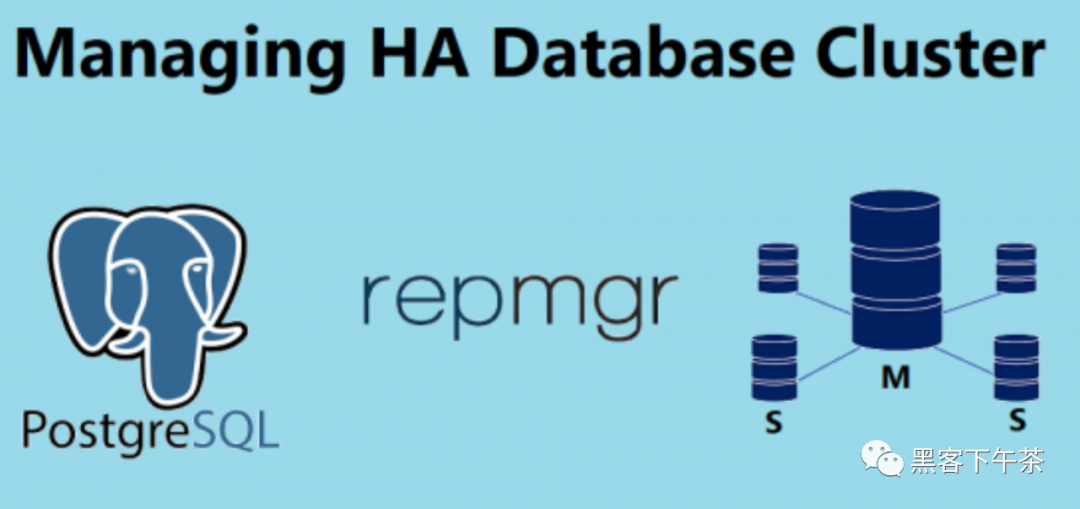
![[popular science] CRC verification (I) what is CRC verification?](/img/80/a1fa10ce6781aebf1b53d91fba52f4.png)
